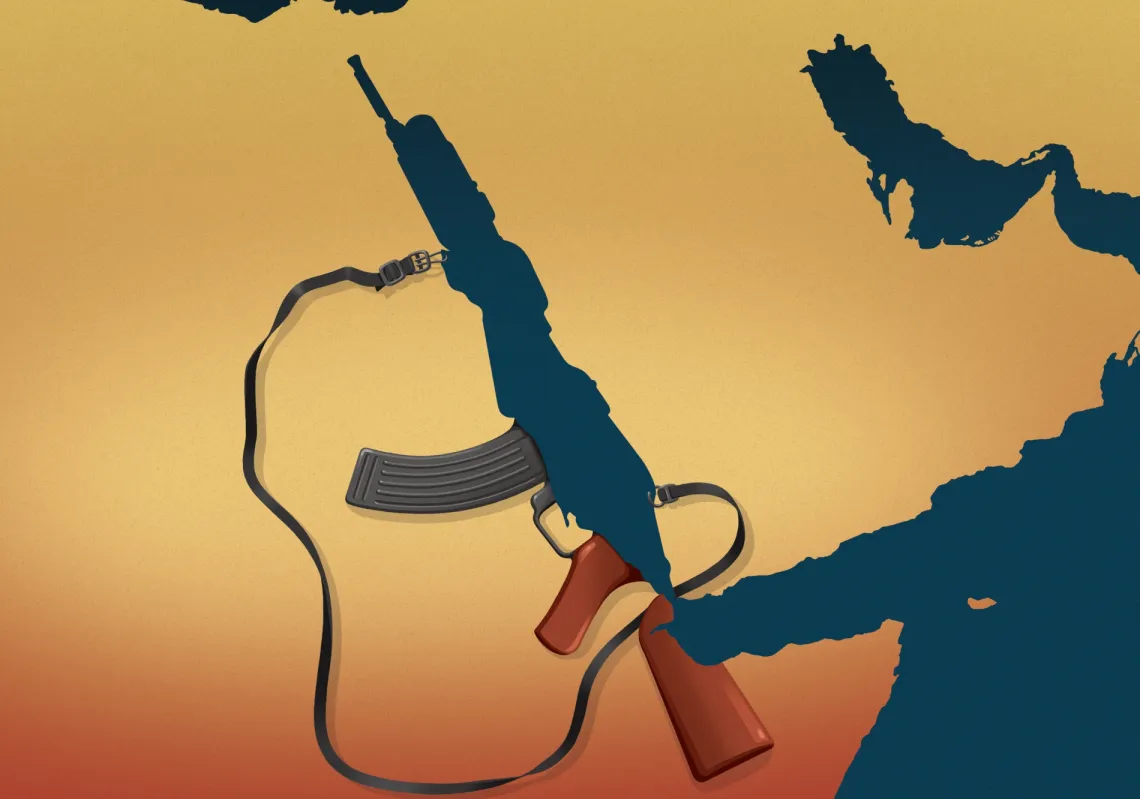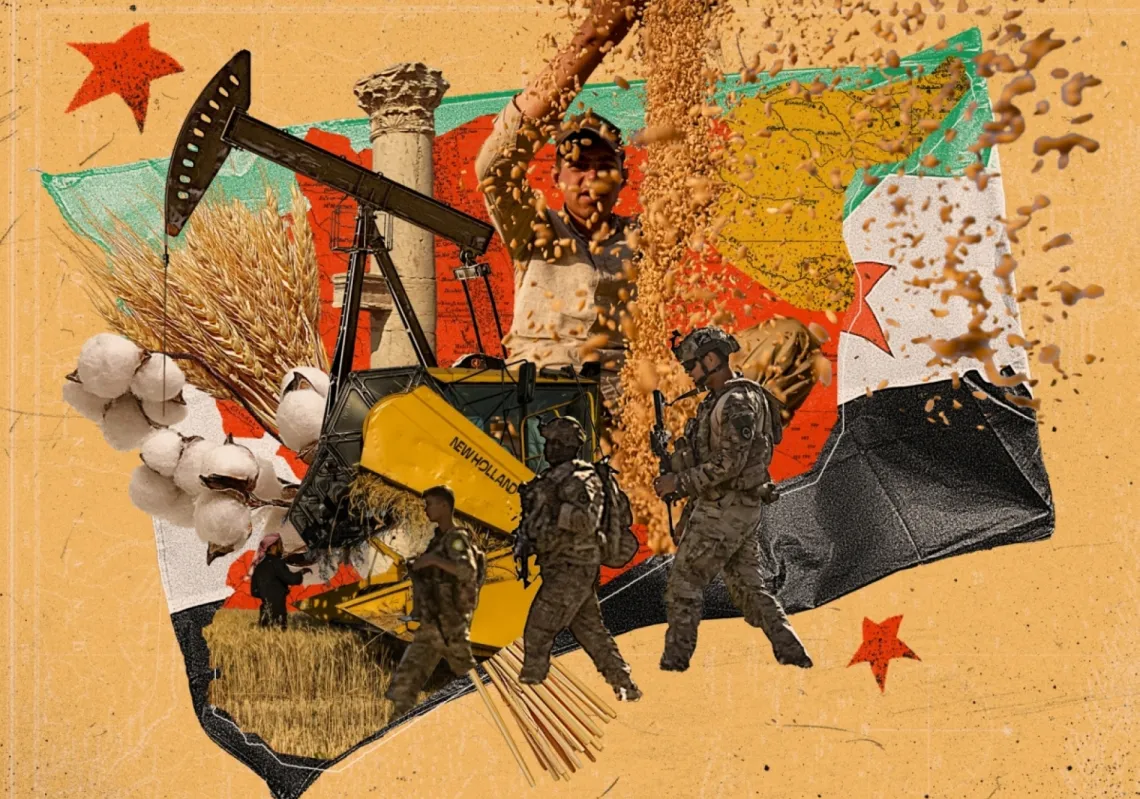“Government exists to protect us from each other,” U.S. President Ronald Reagan once famously said, but goes “beyond its limits . . . in deciding to protect us from ourselves.”
When applied to pandemic threats, Reagan’s view was wrong, and so are the views of the many policymakers in the United States and abroad who have adopted it. Confronted with a novel, contagious virus, for which there is no effective treatment and against which people have no preexisting immunity, the only way for government to effectively protect citizens from one another is by convincing them to take the necessary measures to protect themselves. Especially in free societies, the success of that effort depends on the trust between the government and its people.
Some national leaders have failed to appreciate the importance of having a government that citizens trust and listen to. That failure has contributed to vast differences in countries’ performances in this pandemic and threatens to make everyone less safe when the next pandemic threat emerges, as it inevitably will.
A CHAIN OF TRUST
Effective treatments for infectious diseases are a recent development in human history. The widespread availability of antibiotics and the development of most vaccines came only after World War II. The tactics prevalent in today’s effort to stifle the novel coronavirus, however, are anything but new: protective masks, quarantines, isolation, and social distancing emerged in response to the Black Death pandemic in the fourteenth century. Contact tracing originated over a hundred years ago as a tool for tracking the spread of syphilis among sex workers and their patrons.
Historians such as Mark Harrison have argued that the need to coordinate and enforce measures such as quarantines, isolation, and social distancing created the conditions from which the modern state and the machinery of government emerged. For this purpose, Italian city-states created the first boards of health and developed detailed public health protocols. A regular naval presence enforced quarantines. Governments throughout northwestern Europe later imitated Italy’s approach.
Otherwise predatory elites were compelled to assume greater responsibility for their constituents’ lives and collective well-being in order to protect themselves and their workforces. But the reverse was also true: the fight against infectious diseases deepened people’s relationship with their government. Measures such as quarantines and social distancing must be deployed quickly and consistently to be effective. Only government can accomplish that, and only if constituents trust and fund it to do so.
Trust enters the chain at every link. Ailing individuals must report their symptoms to health-care workers, identify those with whom they have come into contact, and submit to isolation and treatment. Their potentially infected contacts must abide by quarantine. For this process to work, the public has to trust the government to communicate reliable information about its investigation of the outbreak; the public then must accept the advice and mandates of government officials on measures that will prevent further spread. The promise of reliable information and competent, supportive medical care is what convinces those who are suffering symptoms to come forward so that new cases can be identified, tracked, and treated.
BREAKDOWN AND VIRAL SPREAD
One need not go back to medieval times to find examples of past breakdowns in government trust that helped infections spread. Conspiracy theories and raging resentment of government mandates thwarted efforts to control the Ebola virus in the early months of the epidemic in West Africa in 2014.
Residents of virus-ravaged communities opposed school closures and curfews. They resented the searching inquiries about their contacts and whereabouts, the orders to forgo physical contact and caring for infected loved ones at home, and the instructions to stop their customary practice of washing the dead before burial. With no cure in sight, some opted for poisonous miracle remedies that witch doctors and local leaders promoted.
In part because of low compliance with public health mandates, the epidemic spiraled out of control, killing in three years more than five times the number of people who had died from Ebola in the 28 previous outbreaks since the virus was first identified in 1976. And compliance is related to trust: surveys in Liberia during the 2014 epidemic and after a subsequent outbreak in Congo showed that those who trusted their government were likelier to keep social distance and accept the Ebola vaccines that the government identified as helpful.
The post-conflict, impoverished countries most affected in recent Ebola epidemics may seem exceptional, but the lesson their experience offers is not. In the 2009 H1N1 influenza pandemic, surveys in Italy, the Netherlands, and Switzerland also found that trust in government was associated with more widespread adoption of recommended behaviors, such as handwashing, social distancing, and vaccination. The same was true in Hong Kong during the 2003 severe acute respiratory syndrome (SARS) epidemic.
Government trust assumes an outsize role when the threat is new to a population that does not perceive itself as vulnerable. People in Asian countries that had directly experienced SARS in 2003 reported feeling much more vulnerable to another outbreak in a 2009 survey than did respondents in unaffected European nations. In settings without that prior experience, people are likely to adopt protective behavior, such as wearing facemasks or social distancing, only when public health officials and government leaders have increased their awareness of the risk, as well as of the need and efficacy of such precautionary measures. Governments must earn and maintain public trust for these efforts to succeed.
Accordingly, trust in government has played a significant role in determining how different countries have performed in containing and responding to the COVID-19 pandemic, especially in those countries that had not recently experienced deadly outbreaks of other coronaviruses or emerging infections. Better appreciating the role of government trust can help countries prepare for and respond to not only the current pandemic but also those still to come.
THE SECRET TO SUCCESS
News media and commentators have nominated a host of different governmental and societal characteristics to explain why some countries have been so much more successful than others in controlling the COVID-19 pandemic. Women leaders, a lack of populism, more equal economies, and universal health coverage may all be desirable, but there is no empirical evidence that any of these factors has increased the odds of containing this deadly new virus. Nine out of the ten nations with the highest number of cumulative reported cases of the coronavirus are democracies, but so are many of the countries that acted quickly to contain the pandemic, such as New Zealand, South Korea, and Uruguay. Autocracies, which include Iran, Russia, and Venezuela, have done little better in this crisis.
Recent commentators have tut-tutted the breakdown of social trust—meaning trust between people—citing it as a major reason that the coronavirus runs amok in the United States. But a leading survey ranks Sweden, the United Kingdom, and the United States in the top 20 percent of nations on interpersonal trust, better than Japan and many of the other success stories in this pandemic.
So far, the experts have not fared much better than the pundits. There has been no correlation between the leading measures of pandemic preparedness—the World Health Organization’s Joint External Evaluation and Global Health Security (GHS) Index—and performance in the pandemic (see Figure 1). Some of the nations that fared best by these metrics, such as the United Kingdom and the United States, have had higher death rates than those that ranked poorly, even accounting for differences in population age structure and size, as well as the timing of their first reported fatality.
A single geographic, demographic, or societal factor is unlikely to explain the successes of Canada, New Zealand, Norway, Rwanda, South Korea, Taiwan, Thailand, and Vietnam in mounting robust, rapid responses to the pandemic. One feature that many, but not all, of these earliest responding nations shared was direct experience with previous outbreaks, such as SARS or Middle East respiratory syndrome (MERS), or a high level of endemic infectious disease.
But if no one factor explains the success stories, there is a factor that is clearly associated with nearly all the countries that have suffered the most deaths, even accounting for differences in population age structure and size and the timing of the pandemic: low government trust, as defined by the World Values Survey (see Figure 2). A recent 23-country study, currently under peer review, accords with this conclusion, finding that those in countries with higher trust in government were significantly likelier to wash their hands, avoid crowded places, and make personal sacrifices to stop the spread of the virus. A smaller survey focused on the United Kingdom yielded similar results.
AN HONEST APPRAISAL OF RISK
Fortunately, trust is something that governments can earn in a crisis. A public that trusts its government is likelier to accept that the risks the government identifies are real and to follow its guidance; the government builds and maintains that trust by issuing advice and assessing risk in a manner that is timely, honest, and based on science. Such a positive feedback loop is essential for sustaining people’s compliance with public health measures.
“It is not only the ‘what’ that matters” in risk communication, as the global health experts Heidi Larson and David Heymann once wrote, “but ‘who’ is conveying the information or concerns and ‘how’ it is communicated.”
To bring the Ebola epidemic in West Africa under control required governments and their supporters to painstakingly build public trust in the response to the virus. In Liberia, the government showcased Ebola survivors to communities to demonstrate the role that treatment units played in saving lives. Anthropologists helped the World Health Organization work with local people to find safe burial practices that still incorporated their traditions. Local officials and nongovernmental organizations trained youth leaders, pastors, and imams to conduct daily door-to-door surveillance and identify the sick. The Ebola vaccine trials in Sierra Leone during and after the outbreak included local liaison teams.
For some time, the United States—much like Guinea, Liberia, and Sierra Leone—has also suffered from low government trust. After the Vietnam War and the resignation of President Richard Nixon, American’s trust in government precipitously declined. It fell further still after the 2008 financial crisis. Today, fewer than one out of five Americans say they can trust the government in Washington to do what is right. Among Black Americans, that figure is closer to one out of ten.
Research shows that in a pandemic, governments maintain the public’s trust by providing complete information, even when data are limited, and by never downplaying real risk in order to reduce public fear. Past surveys had found that the most trusted sources of information in a health crisis were Centers for Disease Control and Prevention (CDC) officials, followed by state and local public health officials, with elected officials typically less trusted. Accordingly, the inaugural U.S. National Strategy for Pandemic Influenza Implementation Plan, first issued in 2006, admonished that “the need for timely, accurate, credible, and consistent information that is tailored to specific audiences cannot be overstated.”
But U.S. officials—President Donald Trump, in particular—have taken the opposite course. Despite understanding that the coronavirus was “deadly stuff” and “the roughest thing” in early February, Trump told the public that it was comparable to the flu, “under control,” and “going to disappear.” The White House kept the CDC from briefing the public, took away its responsibilities related to data, and watered down its recommendations.
The president chose politics over promoting trust in public health measures in this crisis, going so far as to share a tweet that read, “Everyone is lying. The CDC, Media, Democrats, our Doctors, not all but most, that we are told to trust.” The results—8 million Americans infected and 220,000 dead—sadly, speak for themselves.
This article was originally published on ForeignAffairs.com.
Sign up for our Weekly Newsletter
Get the best of Majalla, straight to your inbox.








